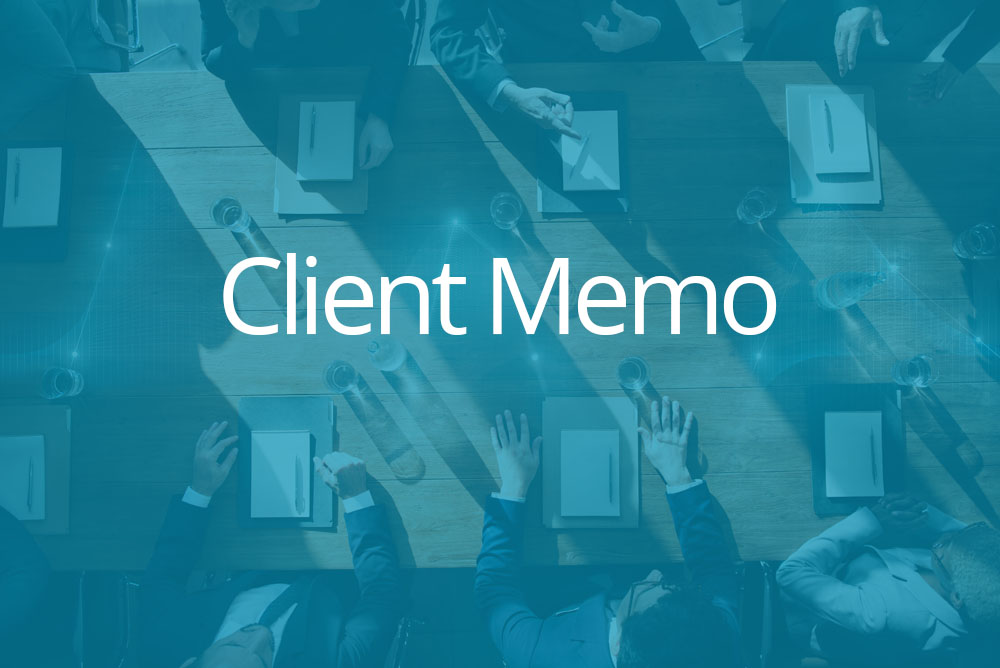Beginning in early 2010 and continuing for the next three years, the IRS is conducting an Employment Tax National Research Program (NRP), which is the first employment tax compliance study in 25 years. Under this program, the IRS will randomly select 2,000 taxpayers each year for the next three years for employment tax audits. The examination, according to the IRS, will be comprehensive in scope and more intense than a typical audit. The goal is to allow the IRS to identify where the compliance issues lie in a specific population and to better target non-compliant tax returns for audit in the future.
The five areas of focus in the NRP audits are as follows:
- The classification of workers as employees or independent contractors – The government believes that there are as many as 30% of independent contractors should be classified as employees. The estimated loss of tax revenue due to misclassification of employees is said to be approximately $54 billion per year.
- Fringe benefits include cash payments such as a parking subsidy and goods or services provided to the employee at a discount or for free.
- Employee business expenses reimbursements – The IRS is most likely to examine whether an employer maintains a written expense reimbursement policy that meets the requirements of the tax code.
- Compensation of owner-employees and executives – This is more likely to affect closely-held and one-person corporations.
- Non-filers
Although an employer cannot avoid being audited, there are steps an employer can take to better prepare itself if it is selected under the NRP. These steps may include: 1) a review of how employees are currently classified, 2) determine whether there are policies in place for fringe benefits and employee business expenses reimbursements and if they are being properly treated and reported for income tax purposes, and 3) evaluate owner and executive compensation practices.
If you have any questions regarding the above information or need assistance to access the level of compliance of your employment practices, please do not hesitate to contact us.





